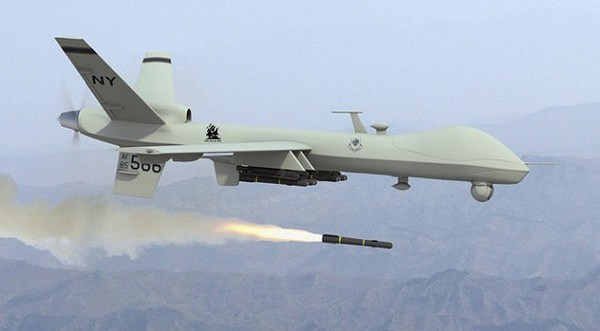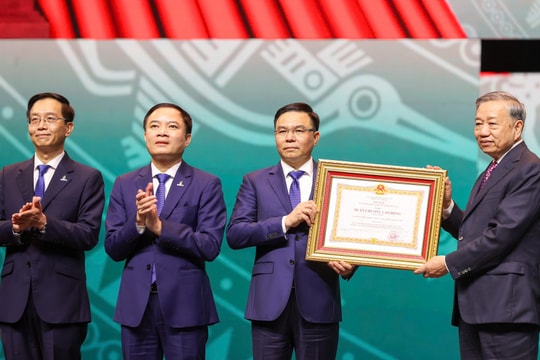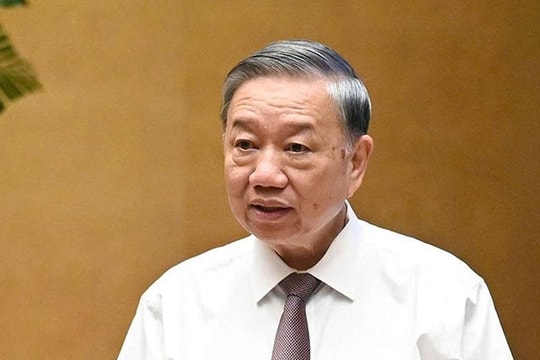Google causes outrage for wanting to bring artificial intelligence into the military
A series of Google employees have resigned to protest the company's contract with the US Department of Defense to bring artificial intelligence developed by Google to drones for military use.
Last March, Google partnered with the US Department of Defense to develop artificial intelligence for drones to analyze images captured by drones for military reconnaissance purposes. The project is called Maven.
However, Google's involvement in Project Maven has sparked anger and ethical concerns from its own employees, who object to the use of artificial intelligence for military purposes.
 |
| The integration of artificial intelligence into unmanned weapons is causing many people to worry about the future of humanity. |
According to Technology pageGizmodo, an internal petition from Google employees was sent to the company's CEO Sundar Pichai calling for the withdrawal of Project Maven, and a clear policy that Google will never participate in the construction and development of warfare technology. More than 3,000 Google employees signed the petition.
Recently, according to the Technology pageGizmodoMore than 12 Google employees have resigned together to protest the Maven project. The reason for their decision is that "the lack of transparency leads to ethical concerns".
For its part, a Google representative said the contract with the US Department of Defense was only a test and included analysis of unclassified images, not just for military use.
“This technology flags images for human review and is used only for inoffensive purposes,” a Google spokesperson said. “The use of AI for military purposes has raised concerns. We are actively discussing this important topic internally and with our partners as we continue to develop policies and safeguards for the development and use of our AI technology.”
Project Maven was launched in April 2017 by US Deputy Secretary of Defense Bob Work. The project’s first task is to develop and integrate the necessary artificial intelligence algorithms to help analyze video and image data captured by drones for counter-insurgency and counter-terrorism purposes.
The idea of applying artificial intelligence for military purposes has been discussed many times and caused concerns for the future of mankind. Previously, scientists at the Korea Advanced Institute of Science and Technology (KAIST) were planning to develop artificial intelligence on war robots. This plan was immediately opposed and caused much concern in the scientific community.
KAIST's ambition immediately met with opposition and made many leading scientists in artificial intelligence feel worried. More than 50 leading researchers in artificial intelligence and robotics technology said they would boycott KAIST because of this ambition, including Professor Toby Walsh of the University of New South Wales (Australia), Professor Geoffrey Hinton of the University of Toronto (Canada), Professor Yoshua Bengio of the Canadian Institute for Advanced Study or Professor Jurgen Schmidhuber of the University of Lugano (Switzerland)...
Previously, many of the world's leading scientists in the field of artificial intelligence and robotics technology wrote to the United Nations, arguing that autonomous killing weapons without human intervention could destabilize the world and need to be controlled by international treaties.
Nineteen countries, including Egypt, Argentina, Pakistan, and others, support the scientists’ proposal. But others, including the US and the UK, say it would be impractical because it is impossible to define what constitutes “without human control.” Many weapons systems already have at least some autonomous capabilities, including drones and missile defense networks./.








